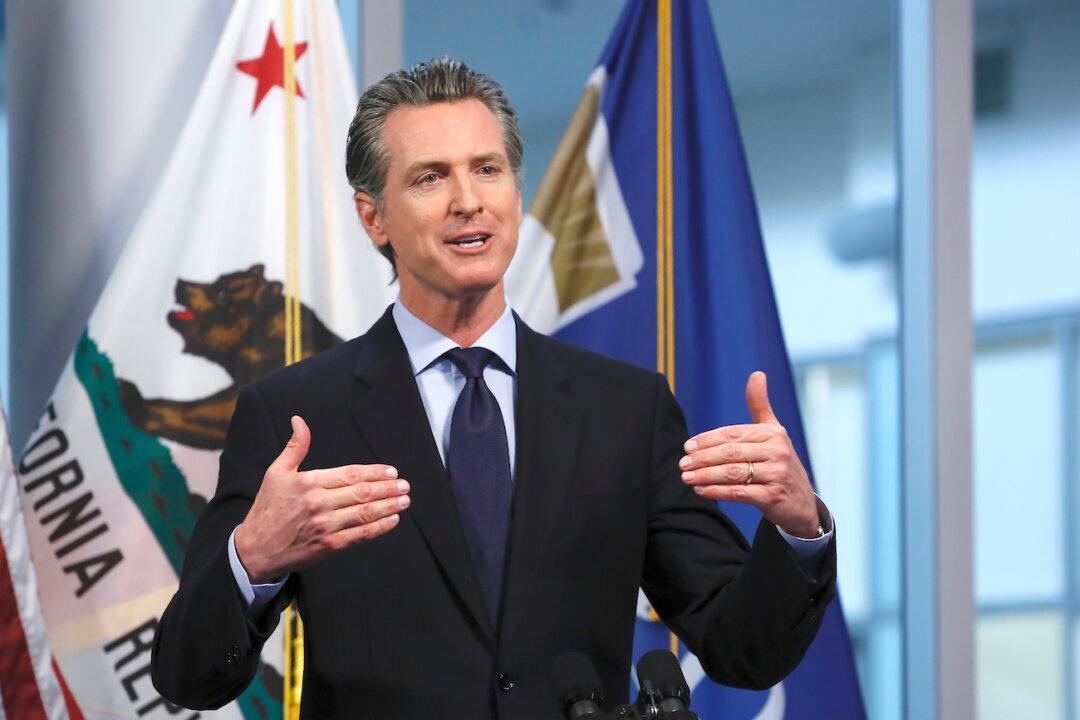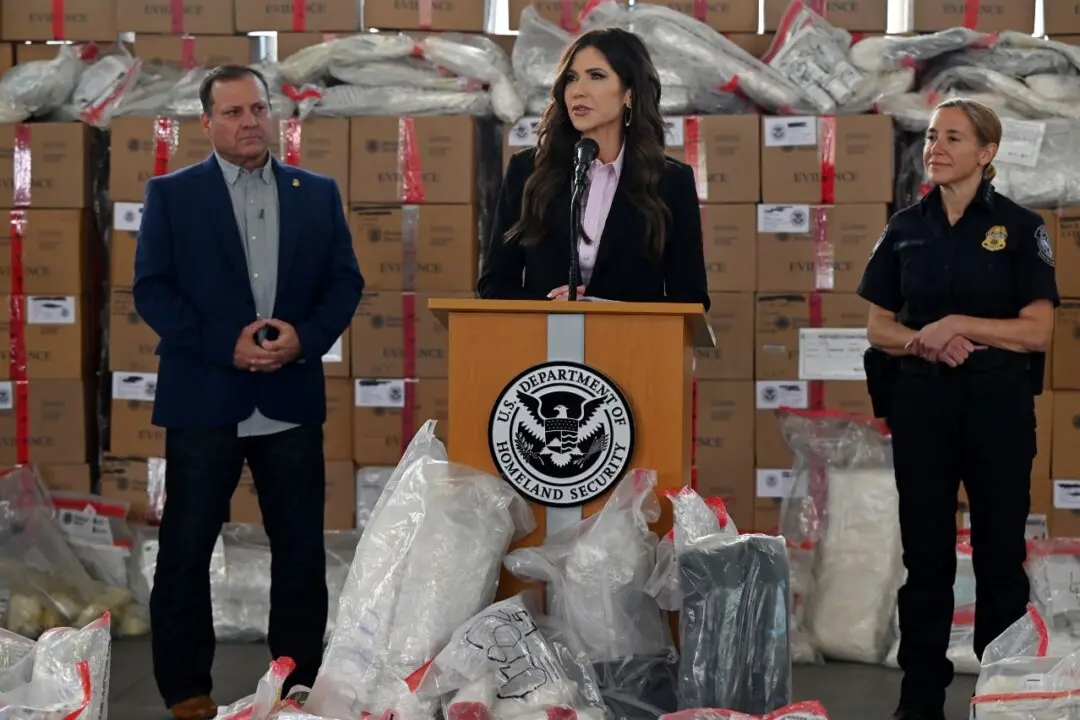California Governor Gavin Newsom’s $1 billion deal with a Chinese company to produce protective N95 masks during the height of the COVID-19 pandemic has been viewed with bipartisan skepticism.
State Assemblyman Kevin Kiley (R-Rocklin) told The Epoch Times on May 2 that the lucrative contract was handed to the Chinese company, Build Your Dreams (BYD) Auto Co. Ltd., without bidding and shrouded in secrecy; both Democrats and Republicans are asking Newsom for answers.





